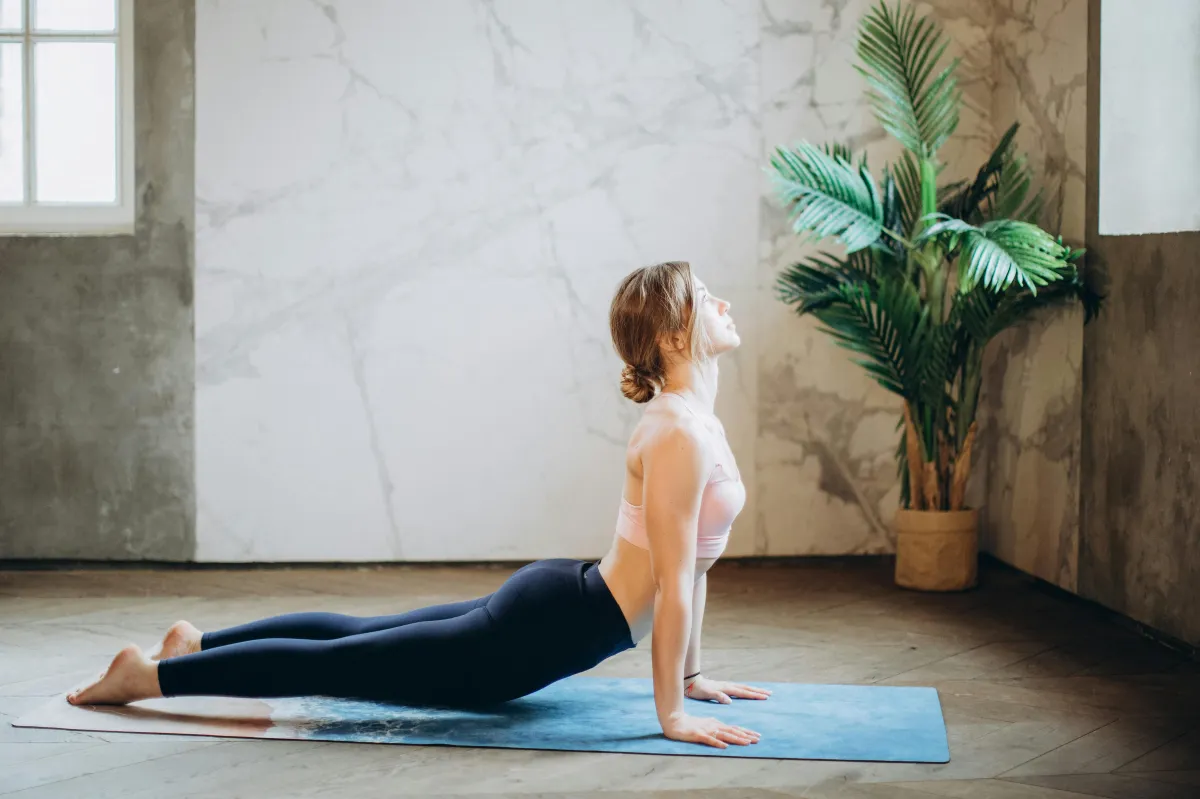Restore balance, Renew resilience

WELLNESS
It is time to renew
We are committed to helping individuals achieve a rewarding and fulfilling lifestyle through the power of organic and sustainable solutions.

Wellness & Lifestyle
We recognize the importance of a healthy mind in achieving overall wellness and support mental well-being.

Personal Growth
We believe in prioritizing your health and recognize that a healthy lifestyle is the beginning of personal growth

Mindset & Nutrition
We are environmentally conscious and recognize the importance of sustainability in achieving a healthy lifestyle.

Physical & Mental Health
We prioritize mental health and wellness and feature products that promote relaxation, mindfulness, and stress relief
Our Latest Posts

Holistic Practices for Stress Reduction
In our fast-paced world, stress has become a common experience, impacting both our mental and physical health. While conventional methods like therapy and medication can be effective for managing stress, many individuals are seeking holistic practices that promote overall well-being and address the root causes of stress. Holistic stress reduction emphasizes a comprehensive approach to health, incorporating physical, emotional, mental, and spiritual aspects of life. In this blog, we’ll explore various holistic practices for stress reduction that can help you cultivate a greater sense of peace and balance.
Understanding Holistic Stress Reduction
Holistic stress reduction recognizes that stress affects each person uniquely and requires a multifaceted approach. Instead of merely treating symptoms, holistic practices aim to foster a deep sense of relaxation and well-being by addressing the whole person. By integrating physical, emotional, and spiritual techniques, individuals can build resilience to stress and improve their overall quality of life.
1. Mindfulness and Meditation
Mindfulness Practice
Mindfulness involves being fully present in the moment without judgment. It can help reduce stress by promoting awareness of your thoughts and feelings. Techniques like mindful breathing, body scans, and observing your surroundings can help ground you in the present and reduce anxiety.
How to Practice: Set aside a few minutes each day to focus on your breath. Notice the sensations in your body and acknowledge your thoughts without judgment.
Meditation Techniques
Meditation is a powerful tool for stress reduction. Various forms, such as guided meditation, loving-kindness meditation, and transcendental meditation, can help calm the mind and promote relaxation.
How to Practice: Find a quiet space, sit comfortably, and focus on your breath or a specific mantra. Allow thoughts to come and go without attachment. Start with just a few minutes a day and gradually increase the duration.
2. Yoga and Movement
Physical Yoga Practice
Yoga combines physical movement, breath control, and mindfulness, making it an excellent practice for stress reduction. Different styles, such as Hatha, Vinyasa, or Yin yoga, can cater to your preferences and energy levels.
Benefits: Yoga helps release tension in the body, improve flexibility, and promote relaxation. The mindful movements and breath awareness encourage a sense of peace and balance.
Other Forms of Movement
Engaging in regular physical activity, such as walking, dancing, or tai chi, can also help reduce stress. These activities release endorphins, improve mood, and enhance overall well-being.
How to Incorporate Movement: Aim for at least 30 minutes of moderate exercise most days of the week. Find activities you enjoy to make it easier to stick with a routine.
3. Nature Connection
Spend Time Outdoors
Connecting with nature has a calming effect on the mind and body. Spending time outdoors can reduce stress hormones and improve mood, making it an essential component of holistic stress reduction.
How to Practice: Take a walk in a nearby park, hike in the woods, or simply sit in your garden. Observe the sights, sounds, and smells around you, allowing yourself to immerse in the natural environment.
Ecotherapy
Ecotherapy, or nature therapy, involves structured activities in nature to promote healing and well-being. Activities may include gardening, nature walks, or outdoor meditation.
Benefits: Spending time in nature can enhance emotional health, reduce anxiety, and foster a sense of connection to the world around you.
4. Nutritional Support
Balanced Diet
What you eat can significantly impact your stress levels. A balanced diet rich in whole foods, including fruits, vegetables, whole grains, and lean proteins, provides the nutrients your body needs to cope with stress.
Nutritional Tips: Focus on incorporating foods high in omega-3 fatty acids (like salmon and walnuts), magnesium (such as spinach and dark chocolate), and antioxidants (found in berries and leafy greens).
Herbal Remedies
Certain herbs, such as chamomile, ashwagandha, and lavender, are known for their calming properties. Herbal teas or supplements can be integrated into your routine to promote relaxation.
How to Use: Enjoy a cup of herbal tea in the evening or consider consulting a qualified herbalist for tailored recommendations based on your needs.
5. Creative Expression
Art and Music Therapy
Engaging in creative activities can be a powerful outlet for stress relief. Art therapy, music therapy, and journaling can help express emotions and process experiences.
How to Practice: Spend time painting, drawing, or playing a musical instrument. Alternatively, try writing in a journal to explore your thoughts and feelings.
Crafting and DIY Projects
Participating in hands-on activities, such as knitting, woodworking, or DIY home projects, can provide a sense of accomplishment and joy, serving as a distraction from stress.
6. Breathwork
Deep Breathing Exercises
Breathwork is a simple yet effective way to reduce stress and promote relaxation. By focusing on your breath, you can activate the body’s relaxation response and reduce anxiety.
How to Practice: Try deep breathing exercises, such as the 4-7-8 technique: inhale for four seconds, hold for seven seconds, and exhale for eight seconds. Repeat this cycle several times to calm your nervous system.
Pranayama
Incorporating pranayama, the practice of controlling breath in yoga, can enhance relaxation and mindfulness. Techniques like alternate nostril breathing can help balance energy and reduce stress.
Holistic practices for stress reduction offer diverse and effective ways to manage stress and enhance overall well-being. By integrating mindfulness, movement, nature connection, nutrition, creative expression, and breathwork into your daily routine, you can cultivate resilience and find greater peace amidst life’s challenges. Remember that the journey to stress reduction is personal; experiment with different techniques to discover what resonates with you. With patience and commitment, you can create a balanced approach to managing stress that nurtures your mind, body, and spirit.
One or more of the links above are affiliate links, meaning, at no additional cost to you, we will earn a slight commission if you click through and make a purchase. Each of these products is chosen by a trusted member of our team.
Emerge Resilient
We are here to support your journey towards overall wellness




Resilient Renewal
partnerships@resilientrenewal.com
Resilient Renewal 2024
